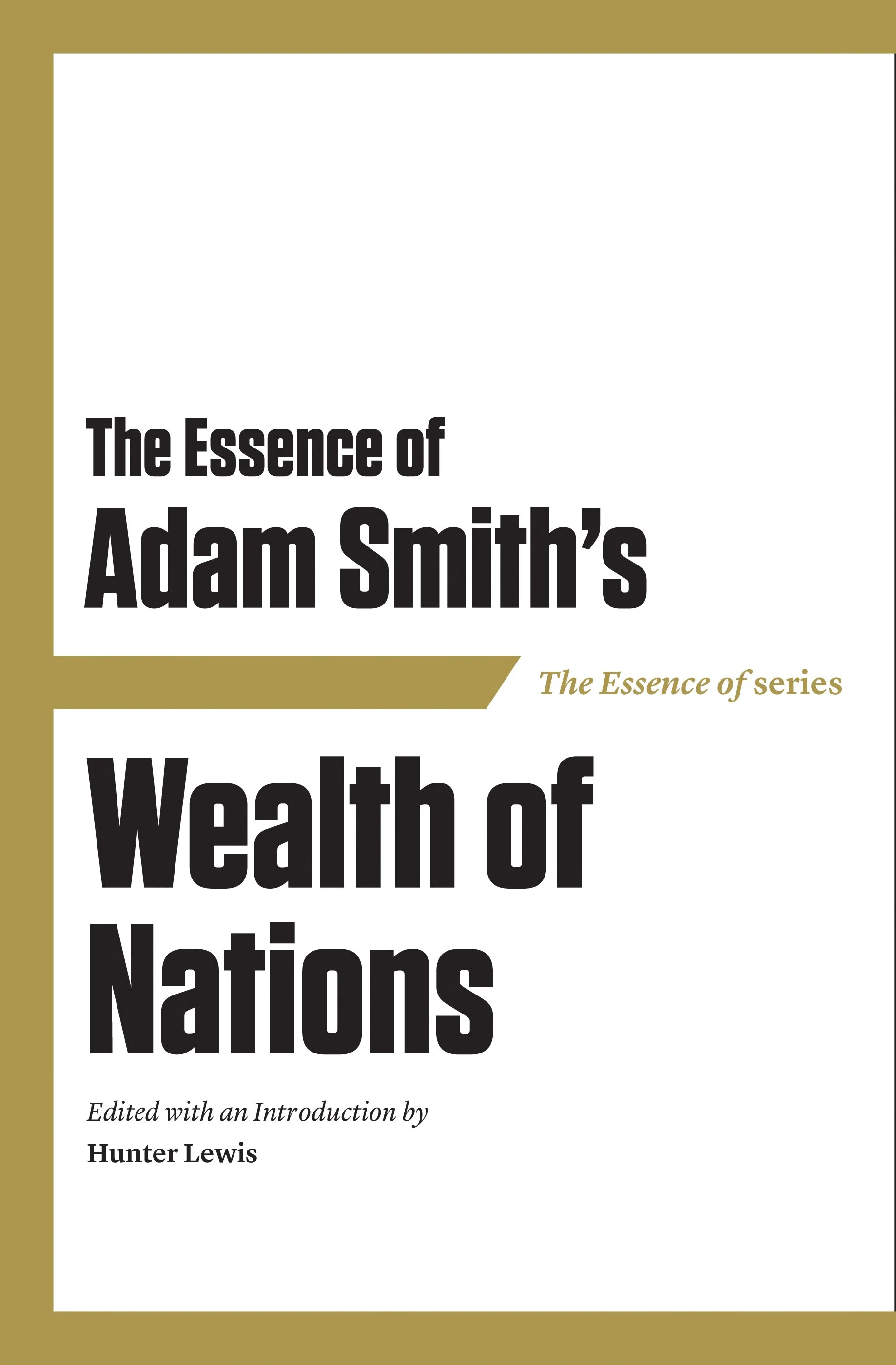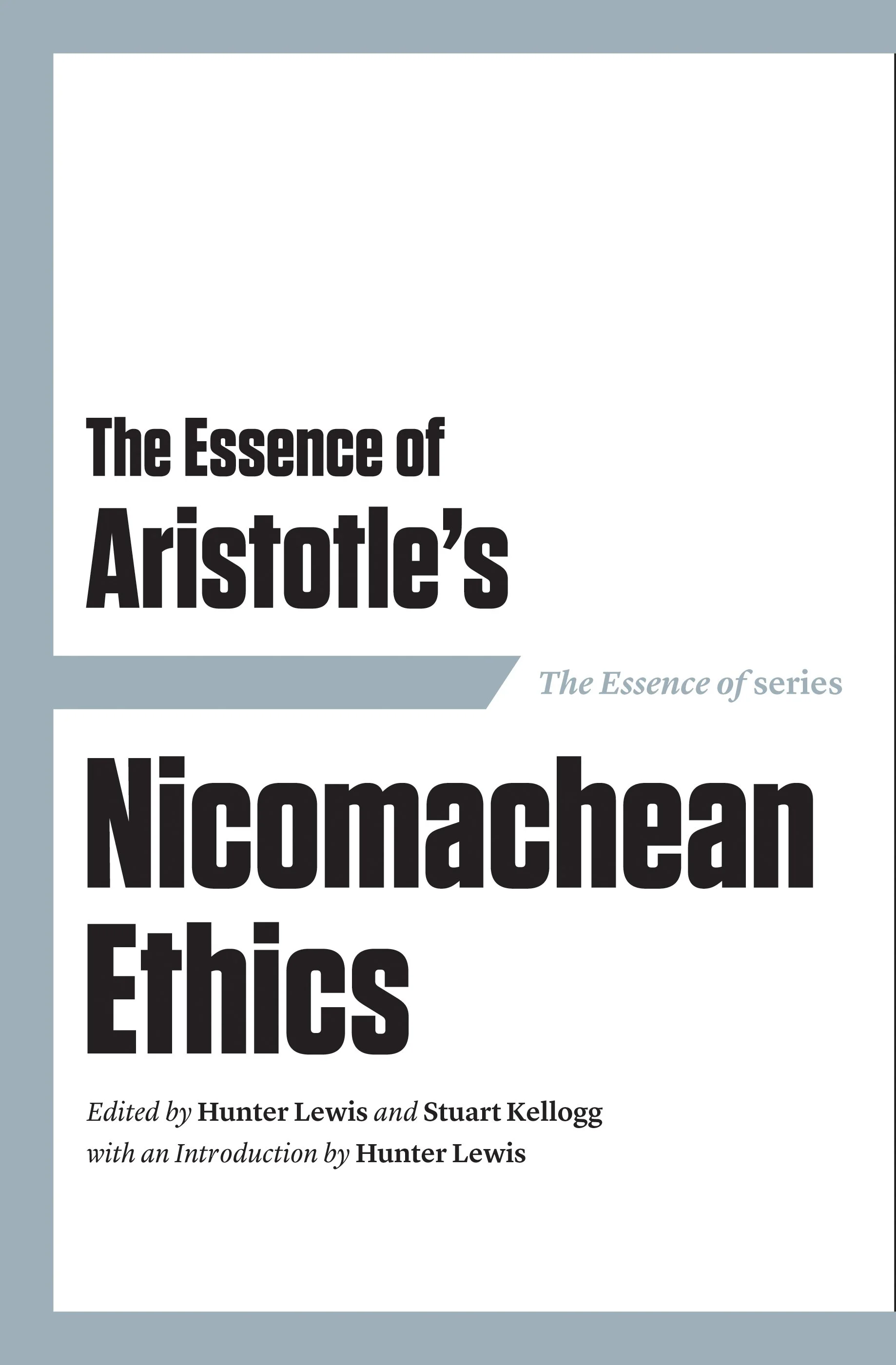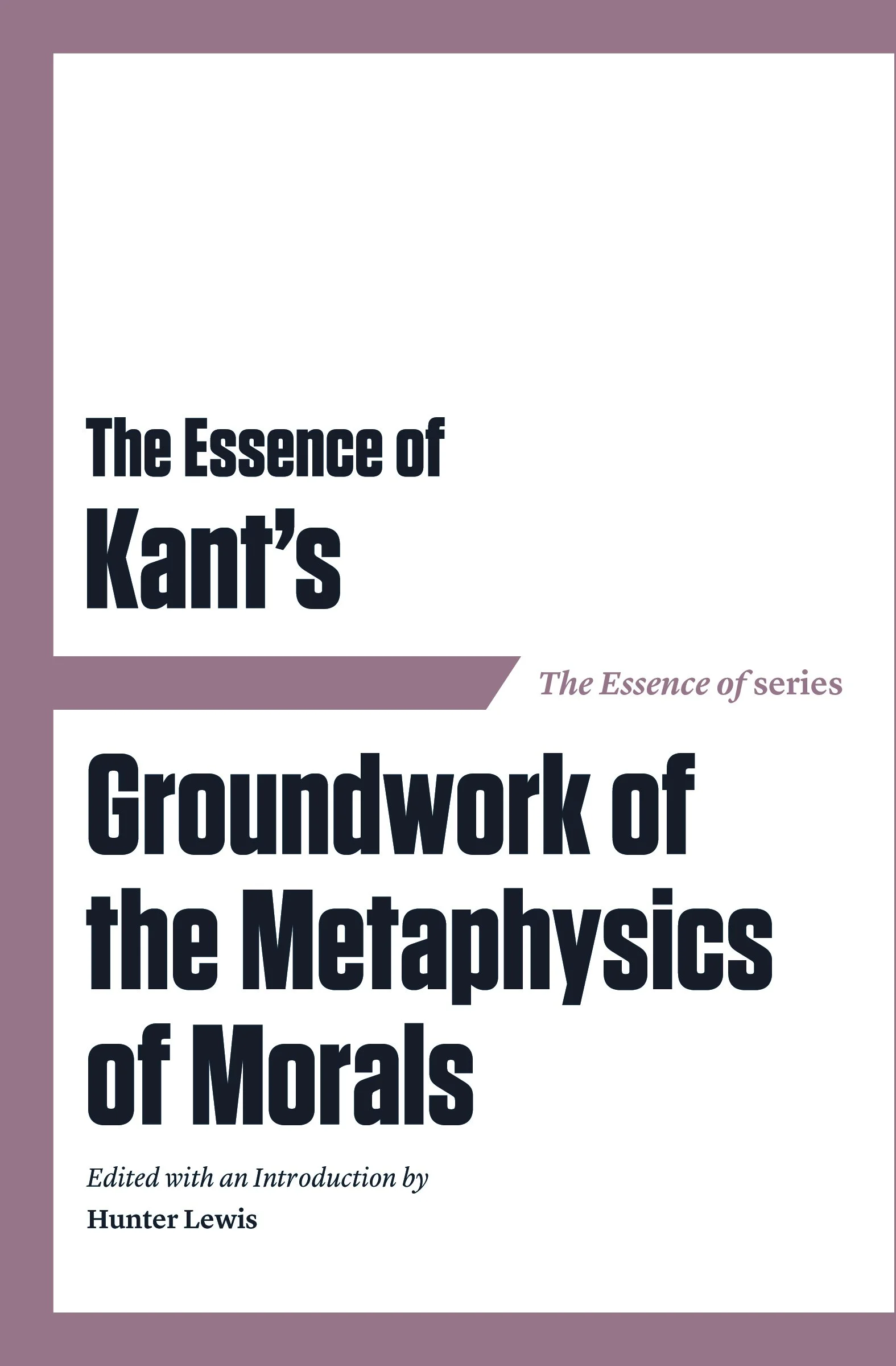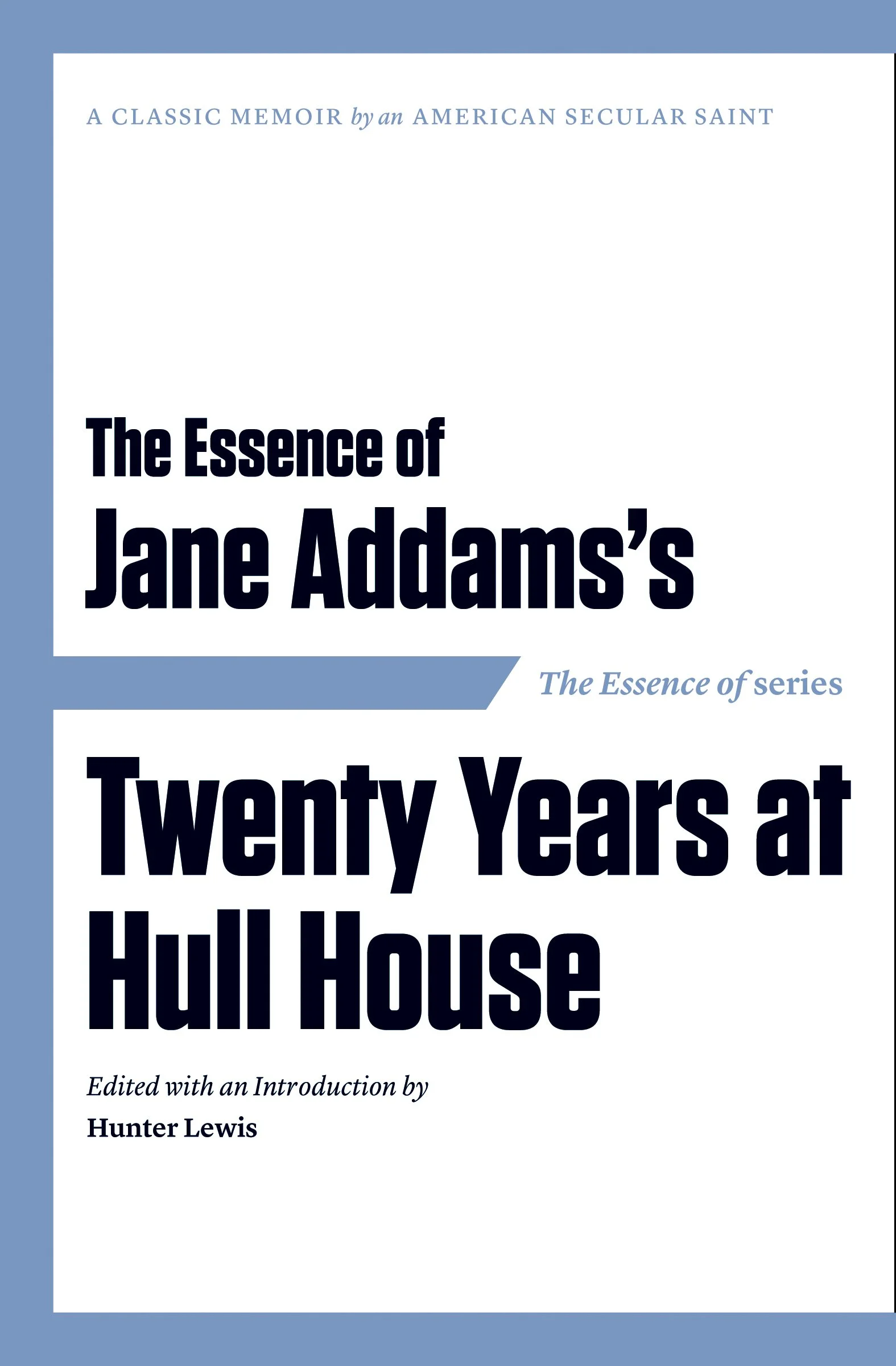The Essence of Adam Smith's Wealth of Nations
Edited with an Introduction by Hunter Lewis
ISBN: 978-1-60419-041-0
eISBN: 978-1-60419-049-6
Adam Smith’s Wealth of Nations continues to be enormously influential. We have selected the best passages—the ones that are immediately relevant to us today.
The Essence of series
Available From:
Overview
Adam Smith’s Wealth of Nations is widely regarded as the first modern work of economics and a bible of free market capitalism, although both claims are vigorously disputed. What cannot be disputed is that it offers a stinging indictment of what we today call “crony capitalism,” along with a masterful explanation of why such a system impoverishes the whole world. Originally published in 1776 as An Inquiry into the Nature and Causes of the Wealth of Nations, it continues to be enormously influential. Currents of Smith’s thought run through the works of writers as diverse as Karl Marx, John Maynard Keynes, Noam Chomsky, and Milton Friedman.
—
Axios Press’s Essence of . . . series takes the greatest works ever written in the field of practical philosophy and pares them down to their essence. We select the best passages—the ones that are immediately relevant to us today, full of timeless wisdom and advice about the world and how best to live our lives—and leave behind the more obscure or less important bits. Our selections are not isolated: they flow together to create a seamless work that will capture your interest and attention from page one. And we provide useful notes and a solid introduction to the work.
-
Why We All Need to Read Adam Smith
Book One: Of the Causes of Improvement in the Productive Power of Labor and of the Order According to Which Its Produce is Naturally Distributed among the Different Ranks of the People
1: Of the Division of Labor
2: Of the Principle Which Gives Occasion to the Division of Labor
3: That the Division of Labor Is Limited by the Extent of the Market
4: Of the Origin and Use of Money
5: Of the Real and Nominal Price of Commodities, or of Their Price in Labor, and Their Price in Money
6: Of the Component Part of the Price of Commodities
7: Of the Natural and Market Price of Commodities
8: Of the Wages of Labor
9: Of the Profits of Stock
10: Of Wages and Profit in the Different Employments of Labor and Stock
11: Of the Rent of Land
Book Two: Of the Nature, Accumulation, and Employment of Stock
1: Of the Division of Stock
2: Of Money Considered as a Particular Branch of the General Stock of the Society
3: Of the Accumulation of Capital, or of Productive and Unproductive Labor
4: Of Stock Lent at Interest
5: Of the Different Employment of Capitals
Book Three: Of the Different Progress of Opulence in Different Nations
1: Of the Natural Progress of Opulence
Book Four: Of Systems of Political Economy
1: Of the Principle of the Commercial or Mercantile System
2: Of Restraints upon Importation from Foreign Countries of Such Goods as Can Be Produced at Home
3: Of the Extraordinary Restraints upon the Importation of Goods of Almost All Kinds, from Those Countries with Which the Balance Is Supposed to Be Disadvantageous
4: Of Drawbacks
5: Of Bounties
6: Of Treaties of Commerce
7: Conclusion of the Mercantile System
8: Of the Agricultural Systems . . . of Political Economy Which Represent the Produce of Land as Either the Sole or the Principal Source of the Revenue and Wealth of Every Country
Book Five: Of the Revenue of the Sovereign or Commonwealth
1: Of the Expenses of the Sovereign or Commonwealth
2: Of the Sources of the General or Public Revenue of the Society
3: Of Public Debts
Endnotes
Index
-
ISBN-13: 9781604190496
Publication date: 06/01/2011
Pages: 480
Product dimensions: 5.45 x 1.02 x 8.16 inches
-
From The Introduction & Book One
Uncut Text: Read the complete public domain version showing deletions and additions
Related Reading
About the Author
Adam Smith
Adam Smith (1723–1790) was a Scottish social philosopher and a pioneer of political economy. One of the key figures of the Scottish Enlightenment, Smith studied social philosophy at the University of Glasgow and the University of Oxford. His first book, The Theory of Moral Sentiments, was written while he was a professor of moral philosophy at Glasgow; Smith’s lecture subjects, in order of preference, were natural theology, ethics, jurisprudence, and economics.
About the Editor
Hunter Lewis
Hunter Lewis, co-founder of global investment firm Cambridge Associates, has written eleven books on economics and moral philosophy. He has served on boards and committees of fifteen leading not-for-profit organizations, including environmental, teaching, research, and cultural organizations, as well as the World Bank.








